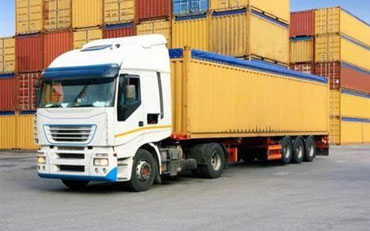
Containerized Services
Containerized services refer to the practice of deploying and running software applications within containers, which are isolated environments that package an application and its dependencies together. This approach provides several benefits, including portability, scalability, and resource efficiency.
Containers encapsulate an application’s code, runtime, system tools, libraries, and settings, enabling it to run reliably across different computing environments, such as development, testing, and production. The most popular containerization technology is Docker, which simplifies the process of creating, deploying, and managing containers.
Container orchestration platforms, such as Kubernetes, help manage and automate the deployment, scaling, and management of containerized applications across a cluster of machines. These platforms provide features like service discovery, load balancing, automated scaling, and self-healing capabilities, making it easier to manage complex containerized environments at scale.
Containerized services have become increasingly popular in modern software development and deployment workflows due to their ability to streamline the development process, improve deployment consistency, and enhance resource utilization. They are particularly well-suited for microservices architectures, where applications are broken down into smaller, loosely coupled services that can be independently developed, deployed, and scaled.
